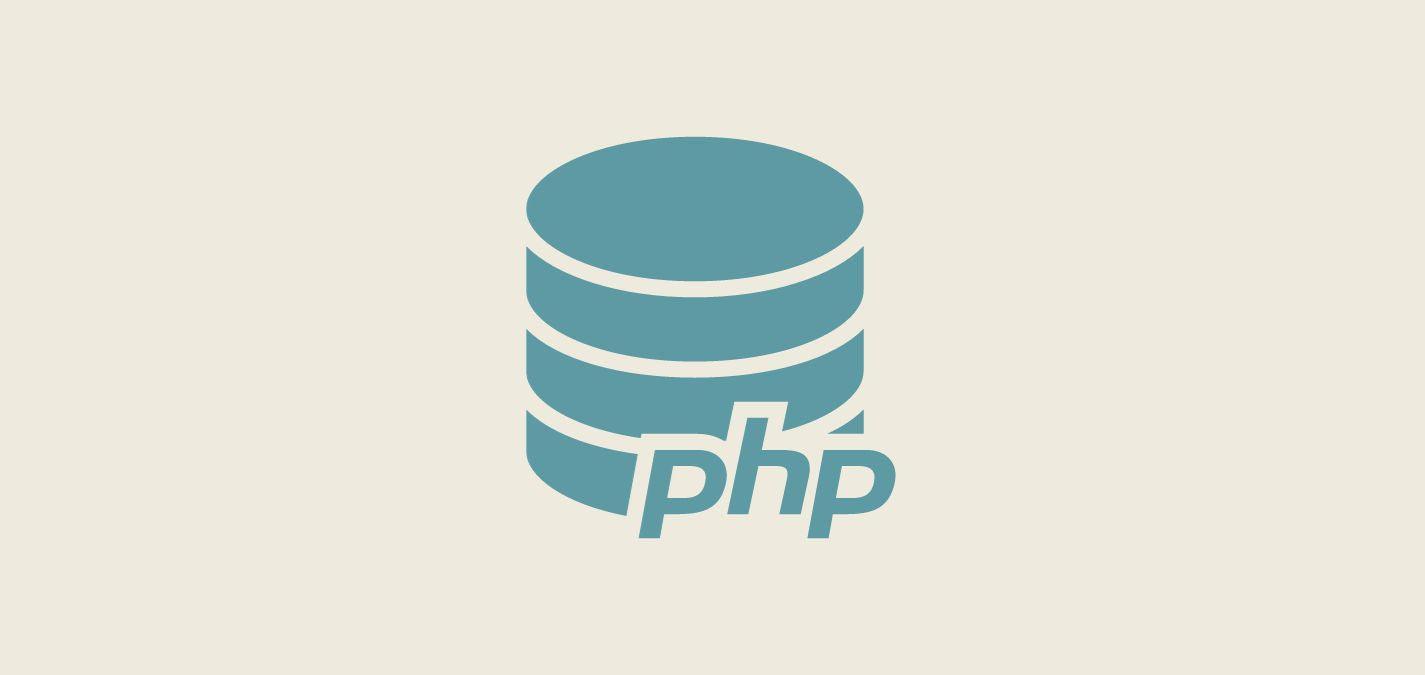In the world of contemporary web development, modularity is key. Gone are the days when vast monolithic structures defined the internet landscape. The current epoch heralds a shift towards a more fragmented, microservice-driven design, placing API (Application Programming Interface) development in the limelight.
Why PHP for API Development?
PHP isn't just about crafting beautiful web pages anymore. It's a versatile beast, more than capable of handling the rigors of robust API development. As platforms look for ways to interconnect, PHP's efficient scripting prowess offers a dynamic approach to link data, platforms, and services seamlessly.
Demystifying Common Searches
As budding developers and seasoned pros alike traverse this evolving terrain, several critical questions and topics emerge:
Building RESTful APIs in PHP
Representational State Transfer, more commonly known as REST, has risen as the de facto standard for crafting APIs in the digital realm. Its principles, built around standardized operations and stateless communication, enable developers to create highly scalable and modular interfaces. And when it comes to implementing these principles, PHP emerges as a formidable choice.
Why PHP Shines for RESTful APIs
-
Ubiquity: PHP is nearly everywhere. A significant portion of the web runs on it. This widespread adoption ensures a rich ecosystem, vast community support, and numerous libraries tailor-made for API development.
-
Compatibility: PHP, being platform-agnostic, can seamlessly integrate with a myriad of databases and services, essential for a RESTful API which may need to fetch, transform, and serve data from diverse sources.
-
Performance: With modern advancements like JIT in PHP 8, the language can handle heavy computations faster, ensuring that APIs remain responsive even under load.
Common Pitfalls and Solutions When Building RESTful APIs in PHP
-
Over-fetching or Under-fetching of Data: One of the frequent challenges developers face is fetching too much or too little data. Implementing GraphQL in conjunction with PHP can be a solution, allowing clients to specify exactly what data they need.
-
Not Implementing Proper Authentication: Ignoring or improperly implementing authentication can expose sensitive data. Using standards like OAuth 2.0 and JWT can ensure secure data exchange.
-
Ignoring API Versioning: As your API evolves, changes can break existing integrations. Always version your APIs (e.g.,
v1/usersorv2/posts) to ensure backward compatibility. -
Inconsistent Error Handling: When things go south, your API should gracefully communicate what went wrong. Standardizing error responses, providing clear messages, and using proper HTTP status codes can guide the consumer on how to proceed.
Delving Deeper into REST with PHP
While the basics offer a solid foundation, mastering RESTful API development in PHP involves understanding its nuances and intricacies. Whether you're deciding on how to structure endpoints, optimizing database queries, or determining the right way to paginate results, every choice matters.
For a deep dive into crafting world-class RESTful APIs with PHP, explore our Ultimate Guide to PHP. Arm yourself with the insights and techniques that can transform your APIs from functional to fantastic.
Authenticating APIs Using JWT
In the realm of API security, JSON Web Tokens (JWT) have carved a niche for themselves, offering a blend of simplicity and security. As developers traverse the evolving landscape of web services, ensuring that data transactions remain trustworthy is of paramount importance. JWT stands as a beacon in this endeavor, acting as a robust tool in a developer's arsenal.
Deciphering JWT's Appeal
-
Compact and Self-contained: One of JWT's most prominent features is its self-contained nature. It encapsulates all the necessary information, from user details to token expiry, all in a concise format. This makes it an excellent choice for transmitting data across different systems.
-
Statelessness: Inheriting the principle of REST, JWT does not retain state. Each token is standalone, which means the server does not need to remember the token. Instead, it just validates it, making the architecture scalable.
-
URL-Safe: Given its compact structure, JWT is easily transmitted via URL, POST parameters, or HTTP headers, ensuring versatility in communication.
Securing APIs: The Challenges and Triumphs with JWT
-
Token Theft: A stolen JWT can grant attackers unauthorized access. Implementing short token lifetimes and timely invalidation can curb misuse. Additionally, always use HTTPS to thwart eavesdropping.
-
Decoding isn't Decryption: A common misconception is that since JWTs can be decoded easily, they're insecure. In truth, while the payload is just base64 encoded, the critical aspect is the verification of the signature. Without the right secret or key, malicious parties cannot alter the JWT without detection.
-
Choosing the Right Algorithm: JWT supports multiple algorithms for signing tokens. It's vital to choose a robust algorithm and safeguard the secret key. HMAC with SHA-256 (HS256) is a popular choice, but depending on the use case, RSA might be preferred for its public/private key capabilities.
A Comprehensive Look at JWT in Action
While JWT offers numerous benefits, implementing it with precision requires understanding its nuances. How do you handle token refreshes? What's the best way to structure the payload for optimum performance? How do you manage key rotations?
To uncover answers to these questions and to delve deeper into the world of JWT and API security, journey through our Ultimate Guide to APIs. Navigate the complexities of API authentication and elevate the safety and efficacy of your web services.
Exploring Slim and Lumen for PHP API Development
Slim and Lumen: The Dynamic Duo of PHP API Development
In the vast universe of API development, while heavyweight frameworks grab significant attention, it's the nimble micro frameworks that often win the race. Among these, Slim and Lumen shine brightly, offering a blend of agility and power, making them quintessential choices for PHP developers aiming to craft efficient APIs.
Why Slim? Key Benefits and Features
-
Lean Structure, Massive Impact: Slim lives up to its name. It's devoid of the bloat yet doesn’t compromise on essential features. This minimalist nature ensures that your API is not only fast but also resource-efficient.
-
Middleware Architecture: Middleware provides a convenient method for filtering HTTP requests entering your application. Whether you're handling CORS, JWT authentication, or any other custom tasks, Slim's middleware has you covered.
-
Robust Routing: With Slim, developers can define routes with ease, harnessing the power of pattern matching and route placeholders to design a seamless user experience.
Lumen's Luminescence in the API Arena
-
Born from Laravel: Lumen brings the best of Laravel's features in a lighter package, ensuring familiarity for developers acquainted with Laravel while delivering enhanced speed.
-
Eloquent ORM Integration: One of Lumen's standout features is its integration with Eloquent, Laravel's famed ORM. This equips developers with a powerful tool to interact with databases seamlessly.
-
Blazing Fast Performance: Lumen prides itself on its speed. Stripped down to the bare essentials but armed with crucial functionalities, it ensures that your APIs are responsive and efficient.
Pitfalls, Solutions, and Triumphs
While Slim and Lumen offer a fantastic starting point, they come with their own set of challenges:
-
Documentation: While extensive, newcomers might find their documentation slightly overwhelming. However, a structured approach to learning can alleviate this.
-
Extension Compatibility: Given their micro nature, not all extensions or packages that work with full-fledged frameworks are compatible out of the box. Developers need to be judicious in their choices.
A Deeper Dive into Slim and Lumen
Ready to embark on a journey exploring the intricacies of these micro frameworks? Whether you're devising a strategy to handle complex API requests or searching for optimization techniques, our comprehensive guides offer insights and hands-on examples to guide your path. Discover the potential of Slim and Lumen in our Ultimate Guide to PHP.
Conclusion
The trajectory of web development continually evolves. As applications become more intricate, the need for efficient, scalable, and secure APIs grows exponentially. As a developer, staying equipped with the latest knowledge, techniques, and best practices is crucial. Luckily, at coder champ, we're always here to lend a guiding hand.
Embark on your API development journey with PHP, fortified with insights and expert tips from our comprehensive guides. Dive in, experiment, and create. The world of interconnected web services awaits you.




